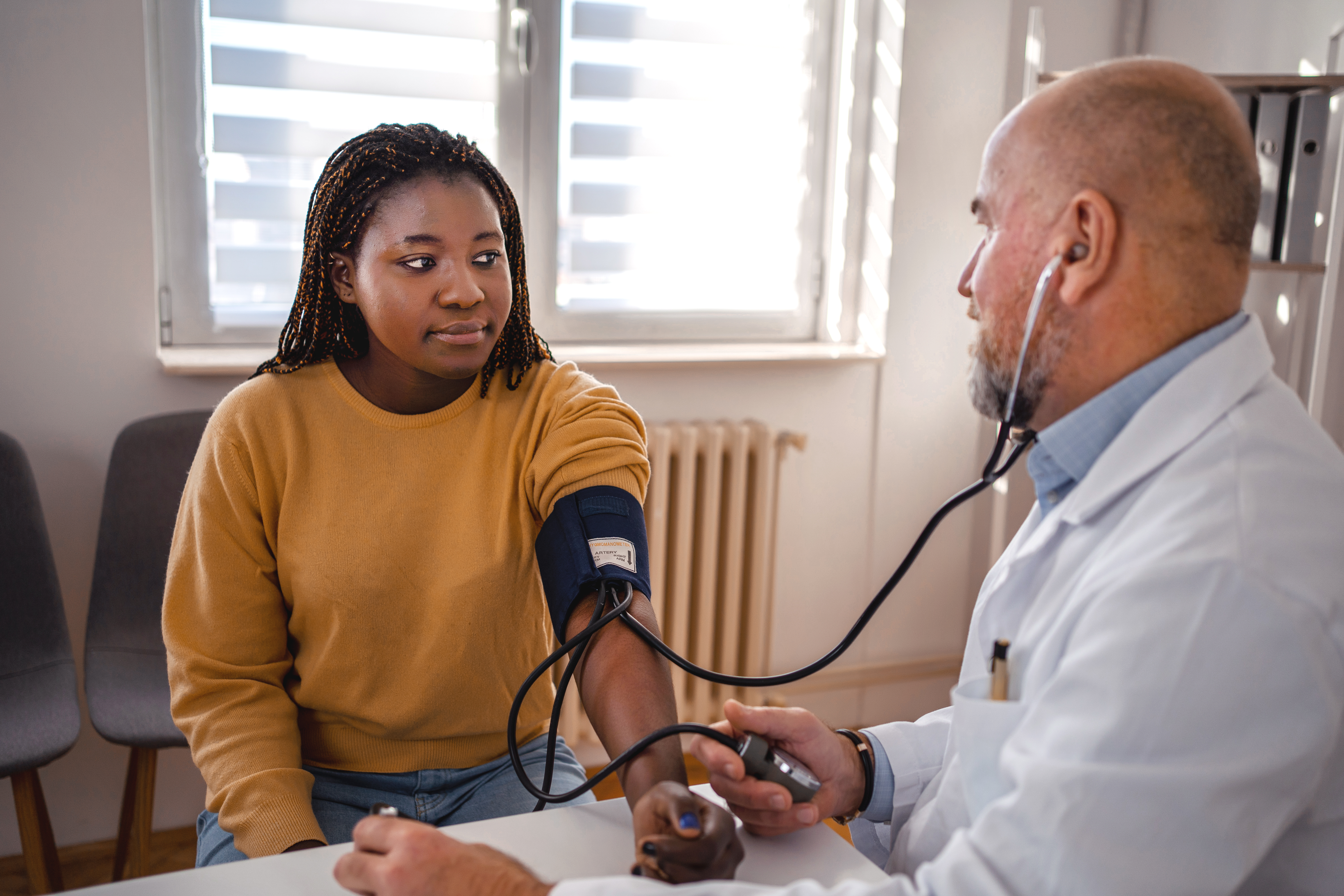
High blood pressure, also called hypertension, is not uncommon in young adults.
About a quarter of people between 18 and 39 have high blood pressure, which puts them at risk for severe conditions like stroke or heart attack.
In most cases, the condition has no symptoms. So how can you know if you have high blood pressure? Get checked by a medical professional.
There are different blood pressure levels:
- Ideal: less than 120/80 mmHg
- Elevated: 120/80 to 129/80 mmHg
- High: 130/80 mmHg or higher
- Hypertensive crisis: 180/120 mmHg or higher
If blood pressure is high and left untreated, it can cause stroke, heart attack, heart failure, atrial fibrillation, vision problems and kidney failure.
Symptoms of extremely high blood pressure include:
- Headaches
- Dizziness
- Shortness of breath
- Mental confusion
- Feeling like a heart attack
- Anxiety
- Chest pain
If you experience these symptoms, call 911 or go to the nearest emergency room.
Is COVID-19 causing high blood pressure?
So far, research hasn't shown that COVID-19 causes higher blood pressure.
Someone seeing their doctor for COVID-19 may find out for the first time about their high blood pressure. But that doesn’t mean they are related. Since you can have high blood pressure – yet not have symptoms – you may find out about your hypertension during a visit to the doctor for a different concern.
Find out why COVID-19 vaccines do not increase blood pressure.
Can high blood pressure be reversed?
Yes. There are two ways to lower high blood pressure: lifestyle changes and medications.
You can drop your blood pressure numbers by 5% to 10% with lifestyle changes. A slight decrease in systolic blood pressure, as little as 3 to 5 mmHg, significantly affects the risk of stroke and heart attacks. Small changes can make a big difference in your health.
5 ways to reduce your blood pressure
- Eat whole foods: Increase fruits, vegetables, whole-grain foods, fish, nuts and legumes in your diet. The MIND diet can help you lower blood pressure and lose weight.
- Exercise: Working out keeps your blood flowing. Aim for 30 minutes a day, five days a week.
- Lower stress: Constant psychological pressure may damage artery walls. Use self-care strategies like long walks, baths, therapy, journaling or yoga to relieve stress.
- Quit smoking: Nicotine raises blood pressure and thickens the blood, increasing the amount of plaque buildup in the arteries. When you kick the habit, your stroke risk drops immediately.
- Maintain a healthy weight: Losing as little as 10 pounds can greatly impact your blood pressure.
You also may need to manage blood pressure with medications.
Call 402.472.5000 to make an appointment with a University Health Center primary care provider to check your blood pressure and get a referral for a heart specialist if needed.